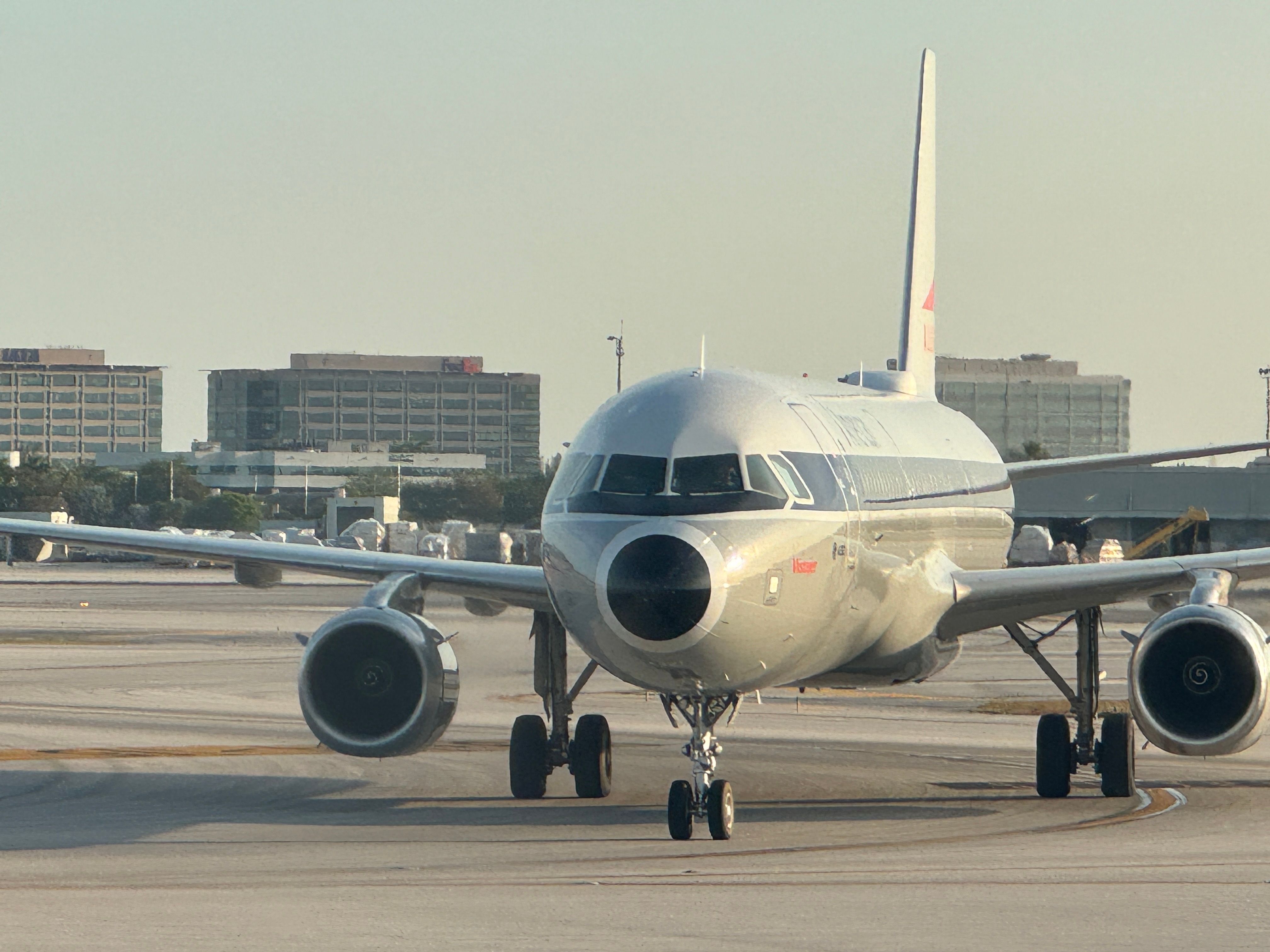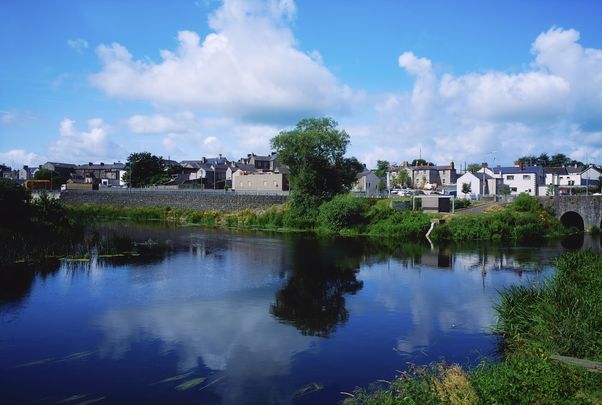Summary Miami will host the World Sustainability Symposium in September focusing on decarbonization, innovation, policy, and finance in the aviation industry. Industry leaders gather to set guidelines for achieving net-zero CO2 emissions by 2050 through new tech and sustainable aviation fuel. IATA highlights urgency and importance of radical collaboration and investment to reach goals for sustainable air transportation by 2050.
Miami , Florida, is set to be the host city for the second World Sustainability Symposium (WSS) in September. Led and hosted by one of the biggest airlines in the region, American Airlines, the WSS gathers to set out expectations, guidelines, and goals to achieve the airline industry's commitment to net-zero CO2 emissions by 2050. Taking place between 24 and 25 September this year, key focuses at the symposium will look at decarbonization, exploring new aircraft technologies and innovation, examining and developing further policies and regulations, and understanding investment challenges with finance and aviation industry transparency.

International Air Transport Association (IATA) Director General Willie Walsh noted in the IATA press release , that it's focuses on the industry and the opportunities the World Sustainability Symposium brings: “Sustainability is an existential challenge for humanity as it is for our airline industry. Achieving net-zero CO2 emissions by 2050 is a big and complex task. But working together with the broader aviation industry, and with the support of governments, we will get there.
WSS is a unique opportunity to bring all stakeholders together to learn, align and take the critical actions needed to galvanize our determination and accelerate progress.” A contingent of member nations is asking the ICAO to encourage the international sharing of turbulence data to help plot flight paths. Have you heard the Simple Flying podcast recently? First Madrid, now Miami Miami's hosting of the WSS follows Madrid , Spain, which hosted the first symposium last year on the 3-4 October.
Elaborating on the symposium's key focuses this year are outlined below: Decarbonization The aviation industry will focus on net-zero CO2 emissions by 2050. This portion of the WSS will examine how airlines can develop, scale, and deliver solutions necessary to help decarbonize the aviation industry in the next 25 years. Discussions will occur on how markets can be more sustainable, use SAF , and use nascent technologies.
Innovation and Technology This focus will be on new aircraft technology and innovations, specifically the practical aspects of new technology, to advance the industry's net-zero CO2 targets. Policy and Regulation Examining and developing the policy landscape, looking closely at sustainable aviation fuel (SAF), and the complexities of harmonizing global SAF policies to increase production and deployment for airports and airlines worldwide. Finance and Transparency Investigating investment challenges and understanding the difficulties in financing renewable energy products and SAF production .
Development on how to make these investments attractive, looking at strategies for attracting capital, minimizing or transferring risk, and determining what innovations are needed to help finance the industry transition to net zero. IATA’s Senior Vice President of Sustainability and Chief Economist, Marie Owens Thomsen, explains : “The WSS aims to unite decision makers across the public and private sectors, and across all areas of government, with the objective of decarbonizing air transportation. Aviation’s energy transition needs support beyond transportation ministries as it touches upon nearly all areas of the global, regional, and local economies and societies.
" "Radical collaboration is needed to engage technology, policy, and finance and unite with a single-minded purpose to reach net-zero CO2 emissions by 2050. The mission is urgent, as a multitude of new markets need to reach maturity in the short 25 years to 2050. The WSS is the agenda-setting event that can accelerate progress as we tackle this enormous challenge.
” The aircraft manufacturer is seeking to use its convening power to encourage production and promote sustainable policies around the world..



















